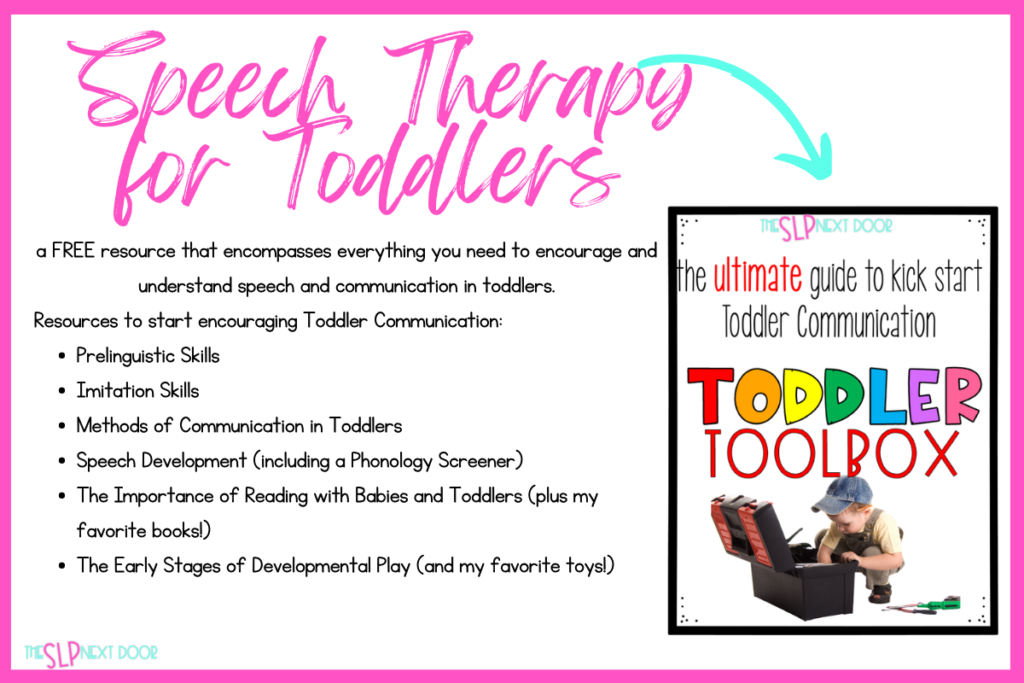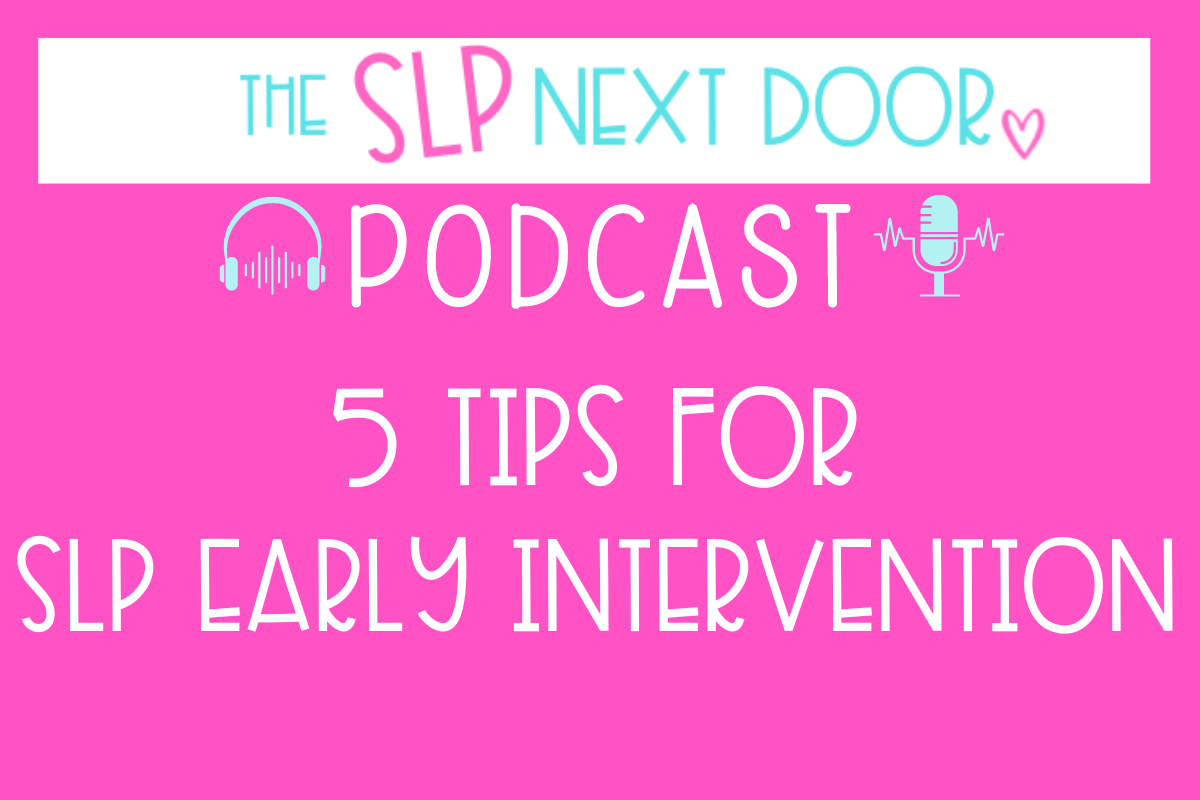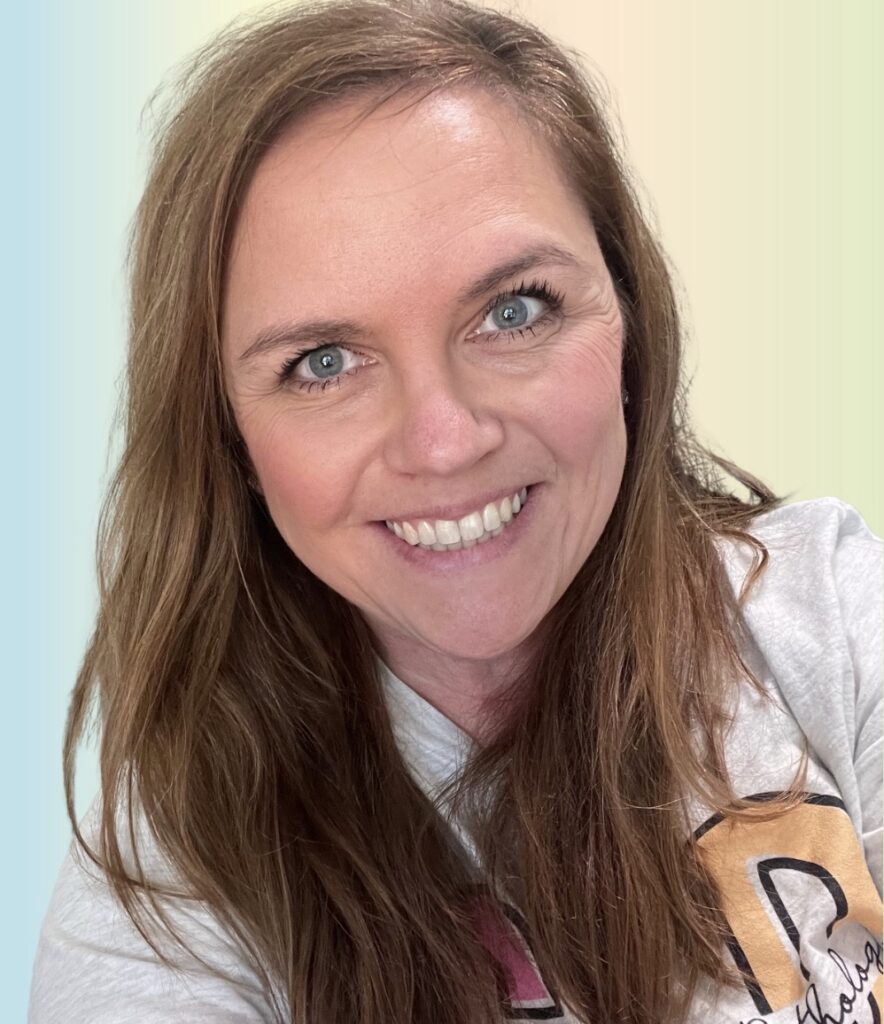As much as I love working with toddlers, I also understand that it can be a challenge. I have soo many tips for SLP early intervention. The early intervention age group is an important population, but it’s also one that is often overlooked. Today, I’m going to share five tips I give anyone who is jumping into the world of speech therapy for toddlers.
These tips for SLP early intervention that, if I could go back and tell my younger self (you know, the version of me trying to figure out what the heck to do with the toddlers on my caseload), would have made my life so much easier.
The most important thing you can do when it comes to speech therapy for toddlers is build a relationship with the little ones on your caseload. Secondly, it’s okay for you not to know the answers to everything. I will be the first to admit that toddler communication is my jam. Put me in a room full of middle school kiddos and it’s not going to go well. It’s not my thing.
I also cannot stress the importance of building relationships with the families and caregivers of your patients (this also includes their daycare teachers and babysitters). Additionally, contrary to what you learned in grad school, you don’t have to take data on everything every single session.
It’s important to take care of yourself, not just to make you a better clinician but to make you a better you! Working with toddlers and preschoolers can be exhausting. It can be mentally draining to spend all day creating activities, trying different strategies, and engaging the little ones. It can be exhausting to answer parent questions, problem-solving situations, and commute from one location to another- especially on the days you fall behind.



